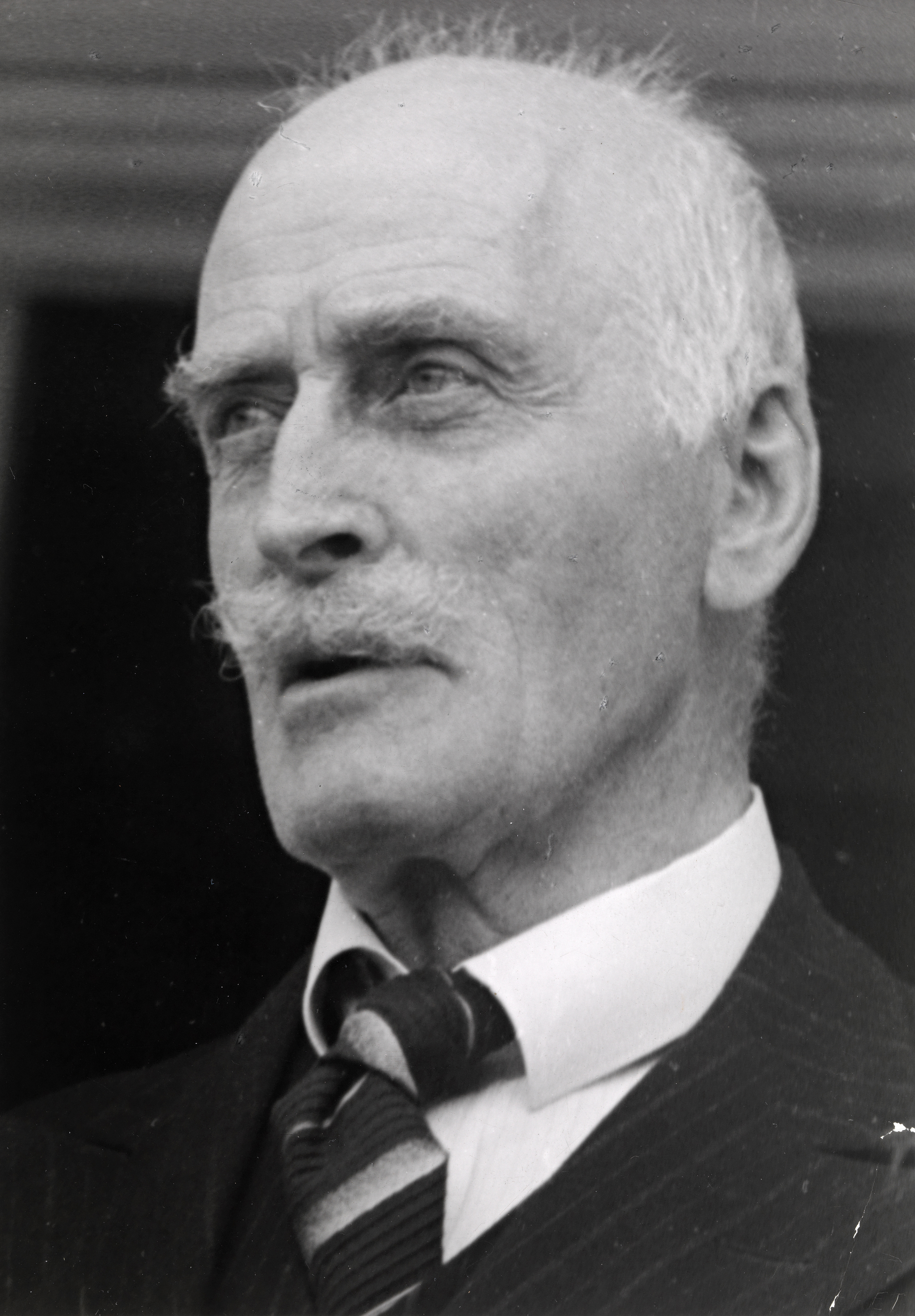Knut Hamsun
 Knut Hamsun (4 August 1859 – 19 February 1952) was a Norwegian writer who was awarded the Nobel Prize in Literature in 1920. Hamsun's work spans more than 70 years and shows variation with regard to consciousness, subject, perspective and environment. He published more than 23 novels, a collection of poetry, some short stories and plays, a travelogue, works of non-fiction and some essays.
Knut Hamsun (4 August 1859 – 19 February 1952) was a Norwegian writer who was awarded the Nobel Prize in Literature in 1920. Hamsun's work spans more than 70 years and shows variation with regard to consciousness, subject, perspective and environment. He published more than 23 novels, a collection of poetry, some short stories and plays, a travelogue, works of non-fiction and some essays.Hamsun is considered to be "one of the most influential and innovative literary stylists of the past hundred years" (''ca.'' 1890–1990). He pioneered psychological literature with techniques of stream of consciousness and interior monologue, and influenced authors such as Thomas Mann, Franz Kafka, Maxim Gorky, Stefan Zweig, Henry Miller, Hermann Hesse, John Fante, James Kelman, Charles Bukowski and Ernest Hemingway. Isaac Bashevis Singer called Hamsun "the father of the modern school of literature in his every aspect—his subjectiveness, his fragmentariness, his use of flashbacks, his lyricism. The whole modern school of fiction in the twentieth century stems from Hamsun". Since 1916, several of Hamsun's works have been adapted into motion pictures. On 4 August 2009, the Knut Hamsun Centre was opened in Hamarøy Municipality.
The young Hamsun objected to realism and naturalism. He argued that the main object of modernist literature should be the intricacies of the human mind, that writers should describe the "whisper of blood, and the pleading of bone marrow". Hamsun is considered the "leader of the Neo-Romantic revolt at the turn of the 20th century", with works such as ''Hunger'' (1890), ''Mysteries'' (1892), ''Pan'' (1894), and ''Victoria'' (1898). His later works—in particular his "Nordland novels"—were influenced by the Norwegian new realism, portraying everyday life in rural Norway and often employing local dialect, irony, and humour. Hamsun only published one poetry collection, ''The Wild Choir'', which has been set to music by several composers.
Hamsun had strong anti-English views, in part due to the treatment of Norway during World War I, and openly supported Adolf Hitler and Nazi Germany, travelling to meet Hitler during the German occupation of Norway. Due to his professed support for the occupation of Norway and the Quisling regime, he was charged with treason after the war. He was not convicted, officially due to psychological problems and issues relating to old age, but was issued a heavy fine in 1948. Hamsun's last book, ''On Overgrown Paths'', authored in semi-imprisonment in Landvik, concerned his treatment and rebuttal of accusations of his mental ineptness. Provided by Wikipedia
-
1
-
2
-
3
-
4
-
5
-
6
-
7
-
8
-
9
-
10
-
11
-
12
-
13
-
14
-
15
-
16
-
17
-
18
-
19
-
20